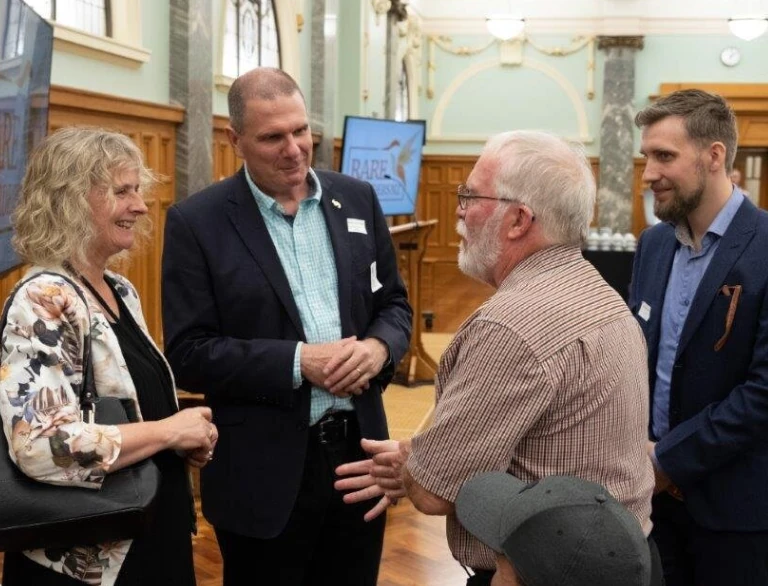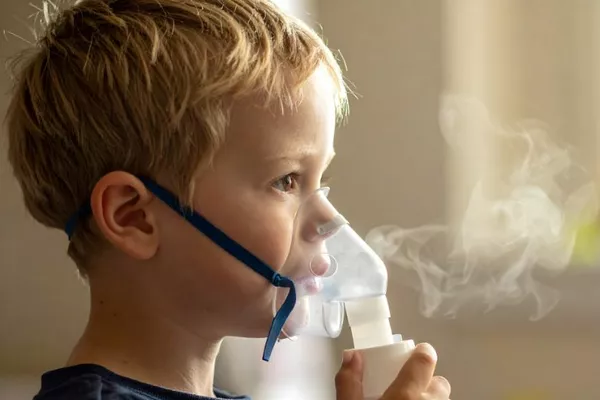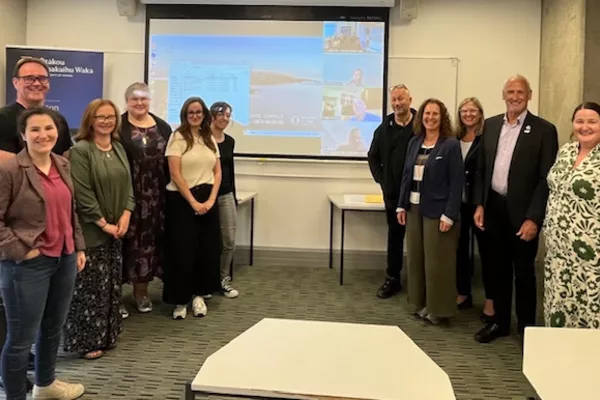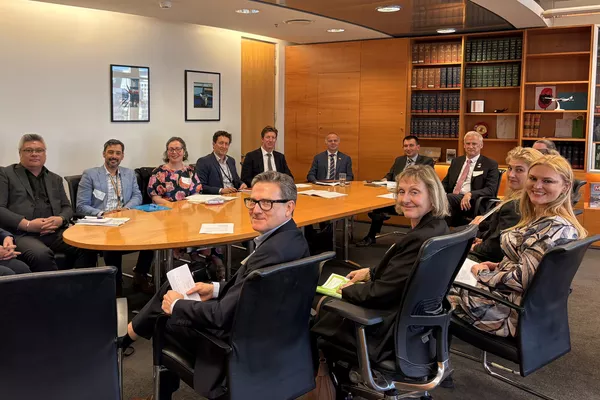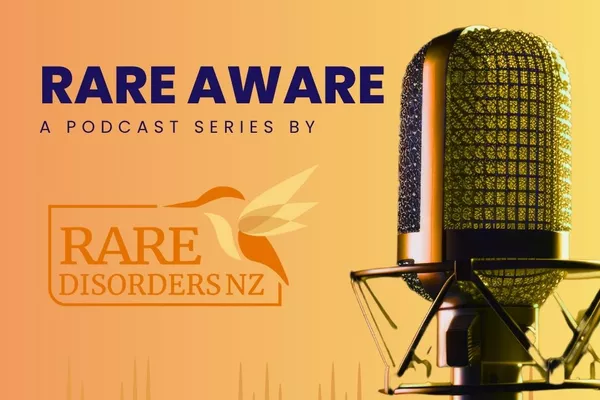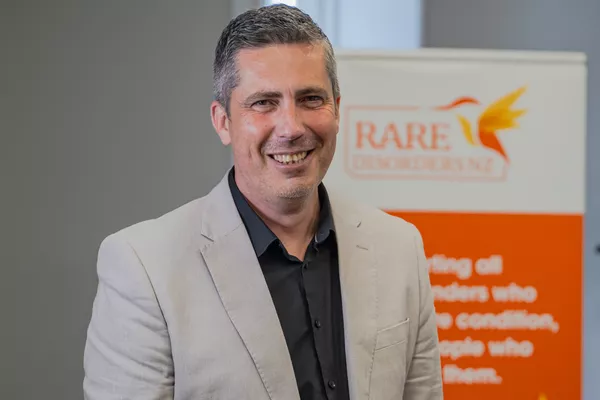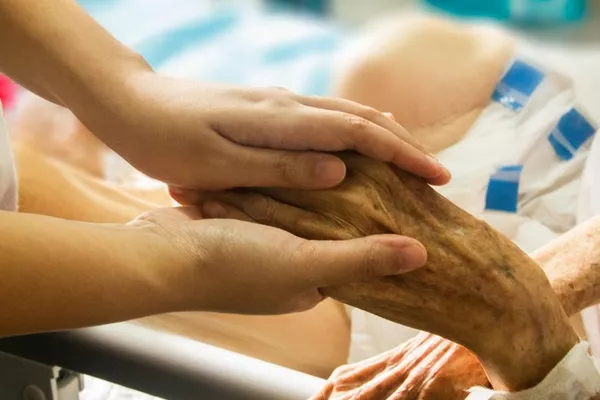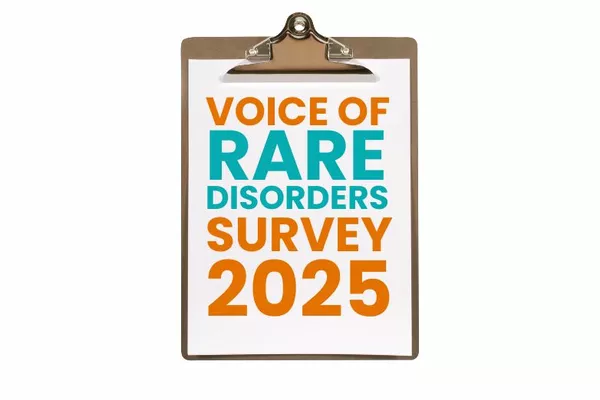Coding of rare disorders
We are advocating for health, disability, education and other government entities to capture relevant data on rare disorders in New Zealand. This will include.
- Embedding Orphanet Coding (ORPHACODES) or an internationally recognised equivalent into the health system. This can/should be done in a way that is compatible with other key coding systems (e.g. SNOMED, ICD-10/11)
- Supporting the availability of computerised prompts to help GPs diagnose a rare disorder when a rare disorder has not previously been considered.
This aligns with the following points in the Strategy:
- National health datasets will be able to routinely collect rare disorder information.
- The level of diagnostic information that can be readily searched and reported on will become fuller and more detailed over time.
- Clinical classifications will become increasingly detailed as more advanced classification systems are incorporated in national data collections. Classification systems will need to grow in specificity and be able to connect easily to supplementary datasets specific to rare disorders.
- Ways of capturing suspected but unknown rare disorders will need to be developed. General (including ‘unknown’ or ‘unspecified’) codes may be considered for interim use where more specific categories are not yet available or applicable.
- Methods to link high quality rare disorder information where clinical coding is not yet available will be developed to connect with national health data.



